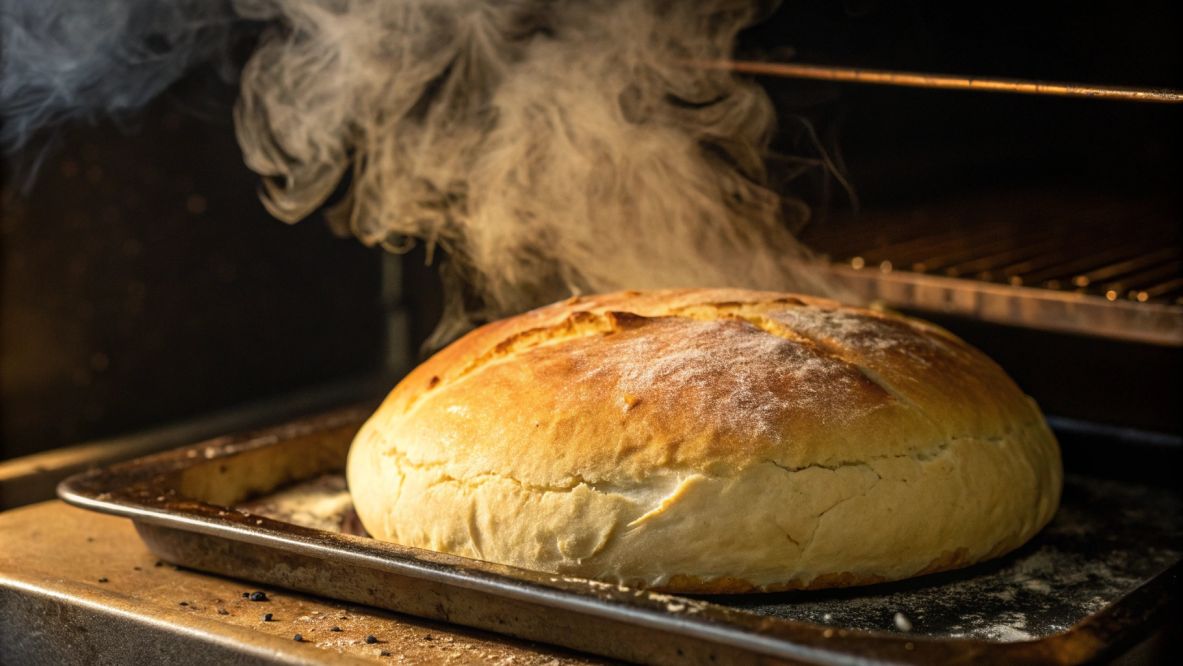
The scent of freshly baked bread is one of the most comforting and recognisable aromas in everyday life. The moment we catch its warm, toasty fragrance, our imagination brings us back to a cosy kitchen, a family meal, or cherished childhood memories. But what exactly makes this aroma so emotionally powerful?
The Chemistry Behind the Crust
When bread is baking, the Maillard reaction takes place — a complex chemical process between amino acids and sugars triggered by heat. This reaction is responsible for the golden-brown crust and the rich aroma we associate with freshly baked bread.
During this process, dozens of volatile compounds are formed, creating a bouquet of scents: caramel, toasted nuts, light spice, and even subtle floral notes. On top of that, the yeast used during fermentation produces alcohols and esters, which evaporate in the heat and enhance the overall fragrance.
The Emotional Power of Scent
Beyond chemistry, there’s something deeply personal about the smell of bread. Our brains have an exceptionally strong link between smell and memory. For many, the scent of bread evokes a sense of home, care, and comfort. It’s more than a smell — it’s an emotional trigger that reconnects us with feelings of safety and warmth.
This is because olfactory memory is directly tied to the limbic system, the part of the brain responsible for emotions. When we smell bread, our brain releases dopamine — the “feel-good” chemical — even if we’re not hungry.
Bread is more than food. It’s the scent of home, the warmth of hands, and the memory of those who shared it with us.
The Aroma of Marketing
Fresh bread smells so appealing that it’s often used in marketing. Supermarkets strategically place bakeries near entrances or even pump artificial bread scent into the air. The goal is simple: the scent of bread stimulates appetite and evokes a homely atmosphere that encourages people to linger — and buy.
A Cultural Symbol
Bread holds deep cultural meaning in many societies. It symbolises life, hospitality, and abundance. In the UK and across the world, bread features in traditions, ceremonies, and everyday rituals.
Each culture has its own unique bread and scent. A baguette, ciabatta, pita, or Ukrainian palianytsia — the fragrance of each tells a story of the ingredients, traditions, and people who make it.
Conclusion
The pleasure of smelling freshly baked bread is more than just a physical response. It’s a combination of science, emotion, and tradition, all working together to create a universally loved experience. That warm, familiar scent taps into the deepest layers of our perception — memory, emotion, and a sense of belonging. So the next time you breathe in the aroma of fresh bread, remember: you’re not just smelling food — you’re tasting life itself.


